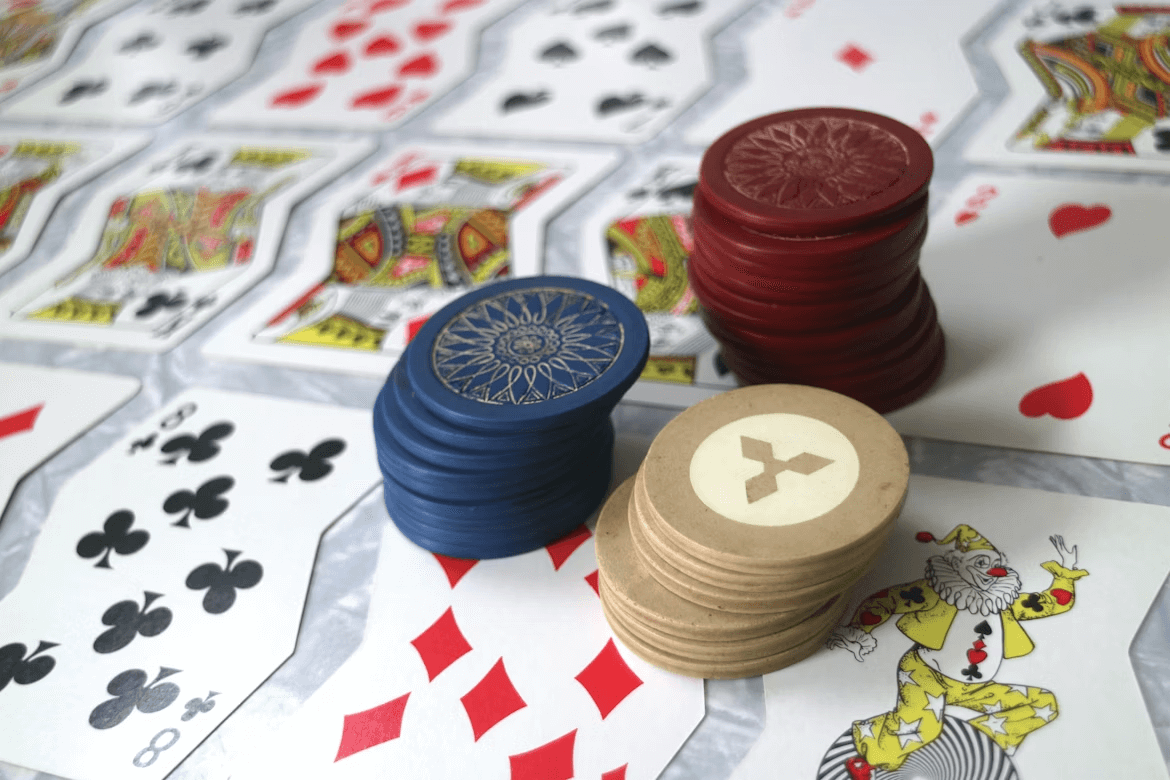Many casino myths spoil good play and cost money. Get a better grasp of slots, roulette, and online gambling myths every player should avoid
Casinos thrive on excitement, risk, and the promise of big wins. But alongside the flashing lights and spinning wheels, a darker force often defines how you can play: myths. Believing that a slot is “due” to pay out, that betting systems guarantee profit, or that online casinos are always rigged doesn’t just cloud judgment — it leads to expensive failures. Below, we break down seven of the most damaging casino myths that could be spoiling your game without you even realizing it.
Myth 1: Casinos Can “Loosen” or “Tighten” Slots at Will
A widespread misconception is that casinos can adjust slot machines as they wish — making them “hot” or “cold” to influence wins. In reality, outcomes are governed by RNGs, which generate results independently of how a player behaves or how long they play.
Players latch onto spotty patterns — like a string of losses or a big payout — to reinforce this belief. But here’s how it really works.
Take https://sweetbonanza.com/ by Pragmatic Play. Its RTP (Return to Player) sits between 96.48% and 96.52%, and is fixed across thousands — if not millions — of spins. That means that the game will likely return $96.5 for every $100 wagered — and the current results won’t be influenced by the past outcomes. A casino can't dial the RTP up or down mid-play.
Myth 2: Card Counting is Illegal
Hollywood has painted card counting as a shady, criminal tactic, often showing players being dragged away by security. In truth, card counting is nothing more than using your memory and math skills to track which cards have already been dealt, helping to estimate what’s left in the shoe. It doesn’t involve devices, hacking, or cheating — it’s simply a mental strategy. So, card counting is not illegal. However, casinos are private businesses, and they don’t like players who gain an advantage. If staff suspect someone of counting cards, they can refuse service or ban that player, but no laws are broken.
Myth 3: You’re “Due” a Win After Losing Streaks
This belief is a classic example of the Gambler’s Fallacy — the idea that past outcomes influence future ones. A player at a roulette table might think that after ten spins of red, black must be next. It feels logical, but it’s completely wrong. Each spin of the wheel is independent, meaning the odds of red or black stay the same every time. Losing streaks can tempt gamblers to double down in hopes of a “guaranteed” win, but probability doesn’t bend to past results.
Myth 4: Online Casinos Rig Games More Than Land-Based Ones
Many players distrust online casinos because they can’t physically see the cards, wheels, or dice. This fuels the belief that digital outcomes are more easily manipulated. The reality is that reputable online casinos operate under strict regulations, holding licenses from authorities like the UK Gambling Commission or Malta Gaming Authority. Their games are powered by certified Random Number Generators and audited by independent bodies to ensure fairness.
Myth 5: Betting Systems Guarantee Profit
Systems like Martingale, Fibonacci, and Labouchère have been around for centuries, promising players a way to outsmart the house. They work by structuring bets — usually increasing after losses — in a way that feels logical and controlled. However, no betting system can change the mathematics of casino games. The house edge remains the same, regardless of how you arrange your bets. Worse, systems like Martingale can wipe out a bankroll in minutes when losses pile up, leaving players stuck at table limits with no chance to recover.
Myth 6: High Rollers Always Get Better Odds
There’s no doubt that high rollers get special treatment — luxury suites, exclusive bonuses, and personal account managers. Casinos value these players for their large stakes and reward them with perks to keep them engaged. But remember that the mathematical chances of winning remain identical no matter the stake. While perks may improve the overall experience, they don’t tilt the actual odds in the high roller’s favour.
Myth 7: You Can Spot a “Lucky” Table or Dealer
Many gamblers believe certain tables “run hot” or that specific dealers bring good fortune. They chase winning streaks or avoid so-called unlucky dealers, convinced patterns or personalities influence outcomes. This superstition is particularly strong in roulette or blackjack pits, where players share stories of lucky streaks. In reality, a dealer can’t influence roulette results, and tables don’t carry hidden luck. The only exception is poker, where skill and psychology come into play.
Conclusion
Casinos are built on numbers, not on superstition. The danger of believing in myths is that they give players a false sense of control where none exists. Real progress at the tables or slots comes from understanding how games are structured, knowing the limits of probability, and managing your bankroll with discipline. The next time a friend swears by a “lucky table” or a betting system that “never fails,” you’ll know better. Gambling should be entertainment, not a chase after illusions, and those who play with clear eyes enjoy it far more.




















